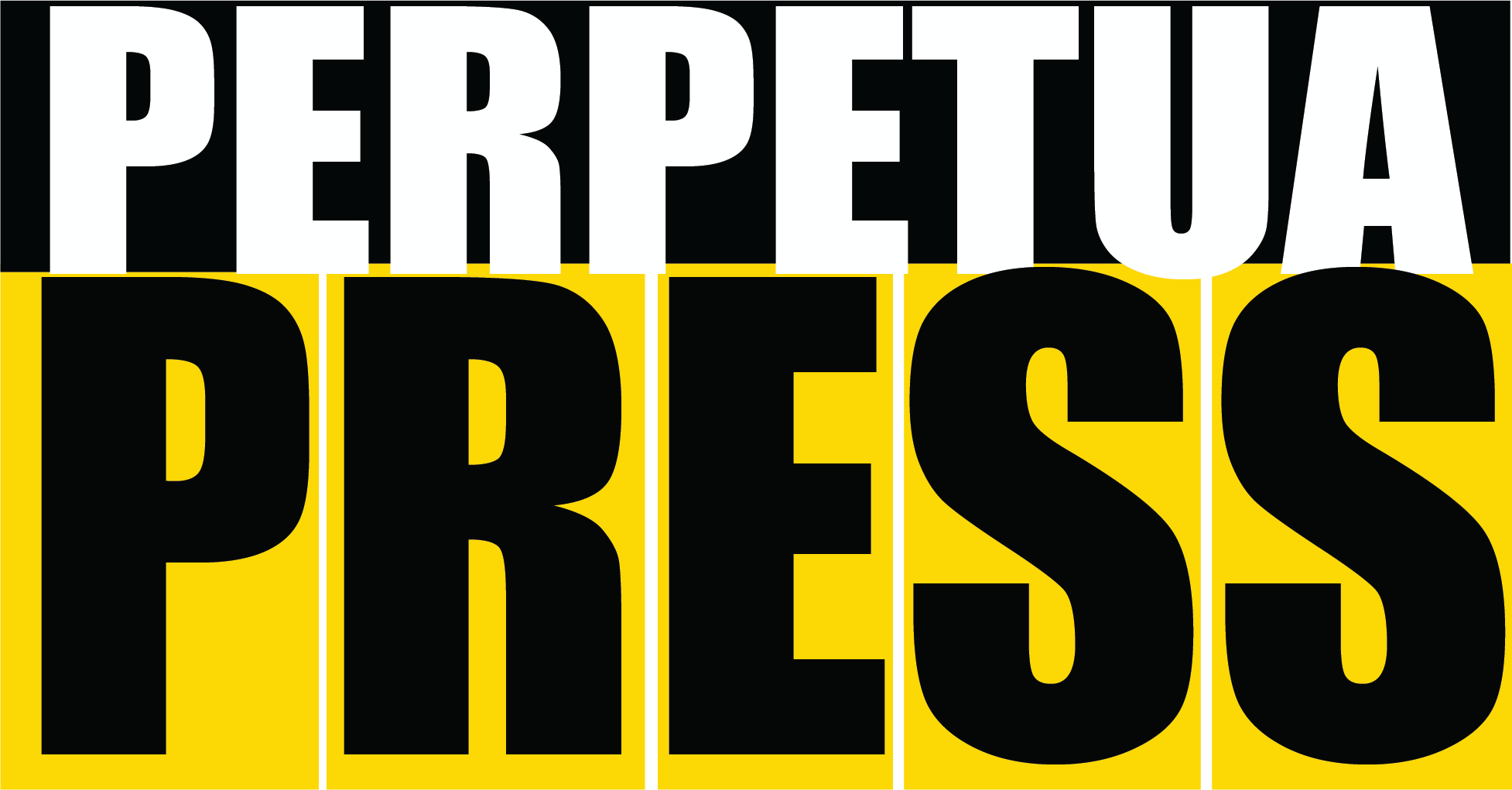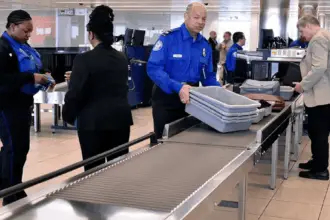Indiana’s Senate Bill 1: Navigating New Financial Realities for Municipalities
NEW HAVEN, Ind. (WANE) — Indiana had dozens of bills become laws July 1, but maybe the most impactful was the piece of legislation commonly known as Senate Bill 1.
The changes within are largely aimed at cutting property taxes, but to counterbalance the loss of funds, the law also gives cities the power to set their own local income tax (LIT) rate.
On a base level, this causes a problem for municipalities.
“The addition of LIT will not cover the loss of property taxes,” said Pone Vongphachanh, New Haven Economic Development Director.
However, finding ways to operate the same city on less money is not the only issue the new law created.
Now, municipalities will have to get together each year to set the LIT rate. It is from this collected money that they can pay out bonds, a total of 25% of what they collect.
“The bonding that we’re allowed to do is only up to 25% of what we collect from LIT,” Vongphachanh said.
But because the rate to collect the tax is set each year, bondholders cannot be guaranteed how much money municipalities can pay back in the future. This uncertainty for each beyond the first is making it impossible to bond against LIT. The situation essentially boils down to asking the bank for a loan, and in the same breath telling them that you cannot guarantee you will make any money next year to make payments.
“It is uncertain … it is going to be difficult with the fact that we have to reapprove local income tax every year,” Vongphachanh said.
Fields of Grace
The situation means cities will have problems using bonds for long-term projects, not necessarily short ones. Unfortunately for New Haven, they are in the middle of one of the biggest development deals the city has ever seen.
“One of our biggest projects, the Fields of Grace. We had to restructure that funding mechanism, but we’re going to make it happen and we’re going to move forward,” Vongphachanh said.
It is not yet known what the capital stack will look like, but Card & Associates, which is developing the site, has discusses what they can do to help get it across the finish line, something the city is very confident will happen.
“We’re excited in the fact that Card & Associates has been a partner in this. They’re looking at possibly doing a loan, and we’re looking at how we can help with the infrastructure cost,” Vongphachanh said.
One of the ways the city is planning on helping is by using money that is generated from the Tax Increment Financing (TIF) district the project sits in. That will allow the city to invest money generated from future gains in the real estate value to fund further improvements.
Future Solutions
The City of New Haven is not worried about the future, but it does acknowledge that adapting and preparing is going to be necessary for everyone in Indiana playing under new financial rules.
Vongphachanh thinks the team she works with has done an admirable job in tackling those rules, saying “I think we have been lucky with the decisions of this administration … they have helped keep us in a good financial situation.”
Vongphachanh also acknowledged that she would not be surprised if the state saw the burden this puts onto municipalities and refines the new law down the road.
“In conversations I’ve heard, I think the state legislatures will probably take a look at it and get some feedback from our local municipalities,” Vongphachanh said. “I can’t speak for them … but I think they will take a look at it.”








This is a topic that’s near to my heart… Many thanks! http://www.ifashionstyles.com Where are your contact details though?